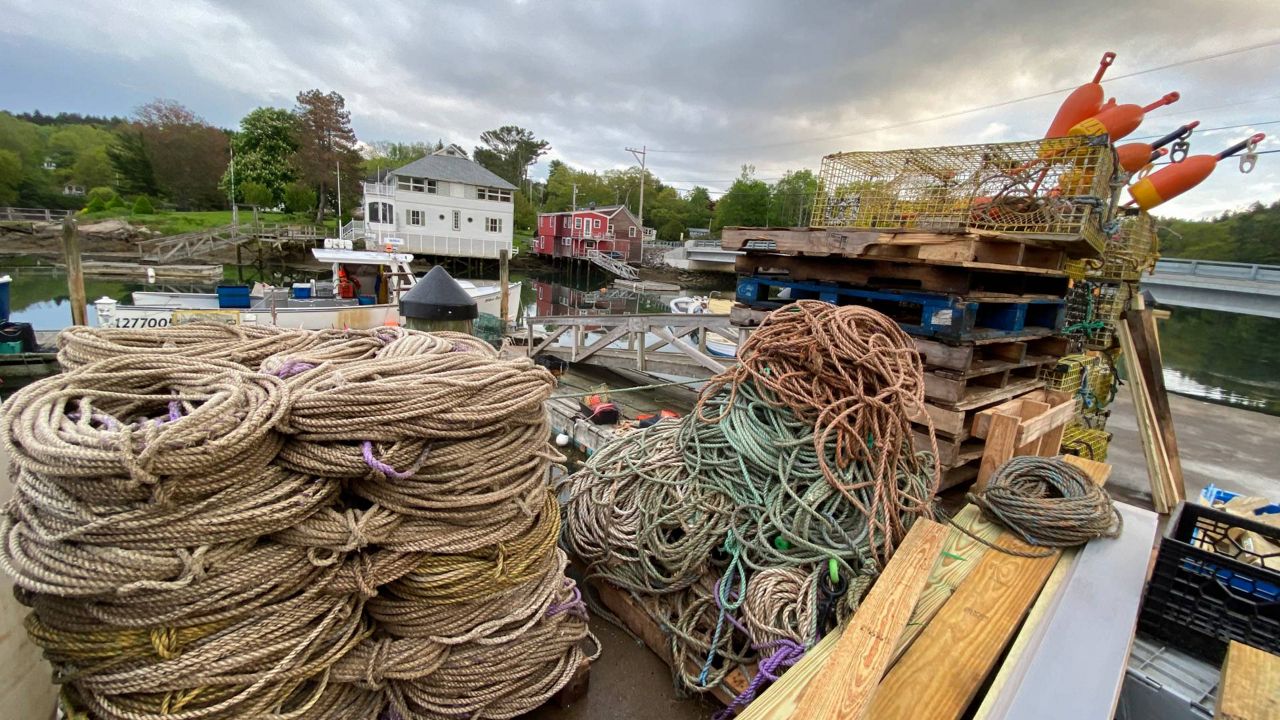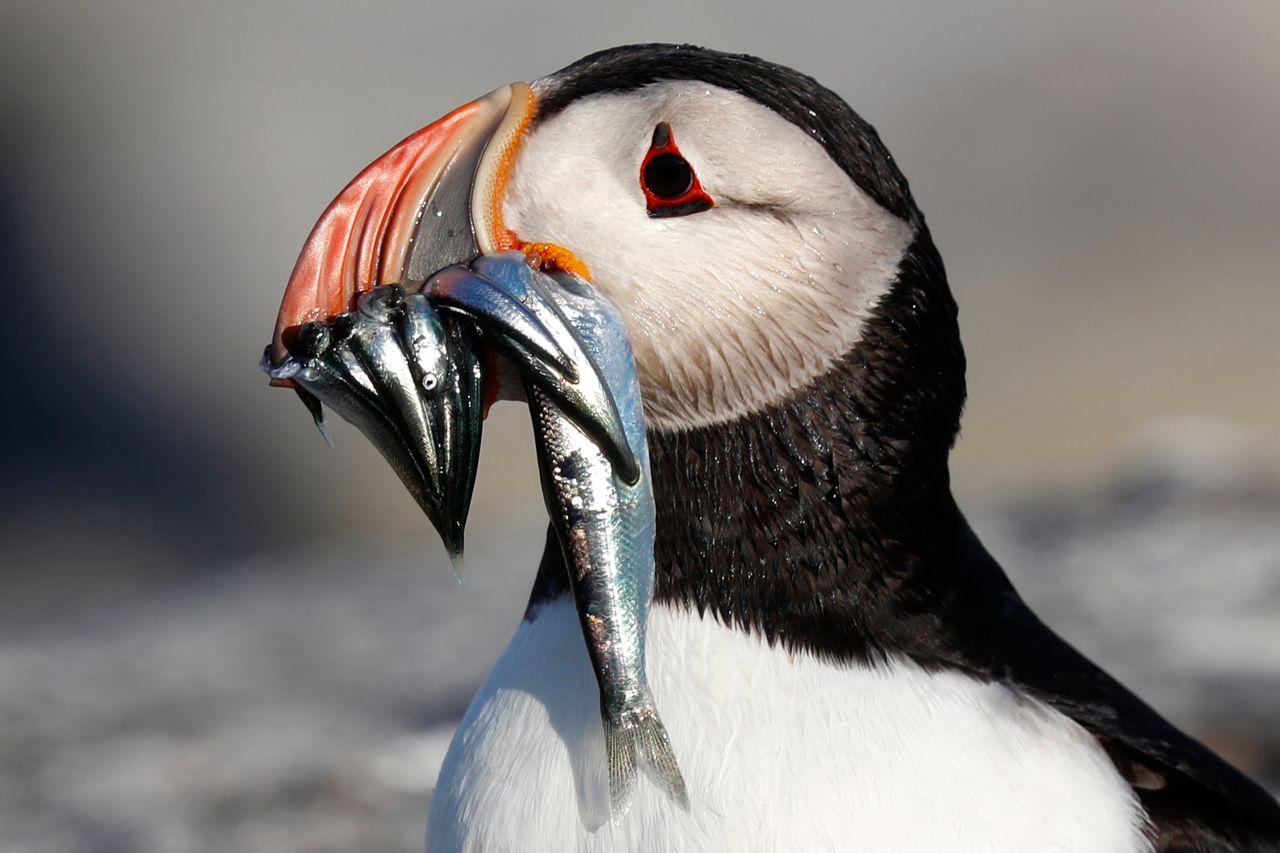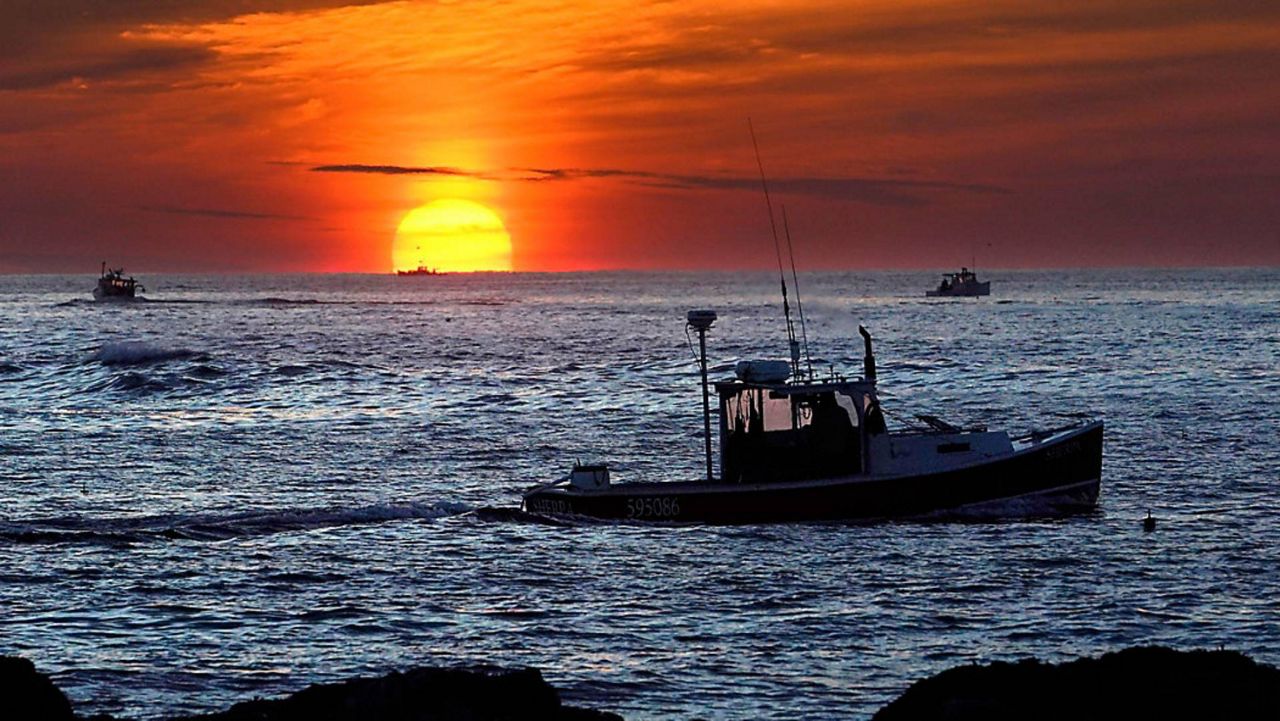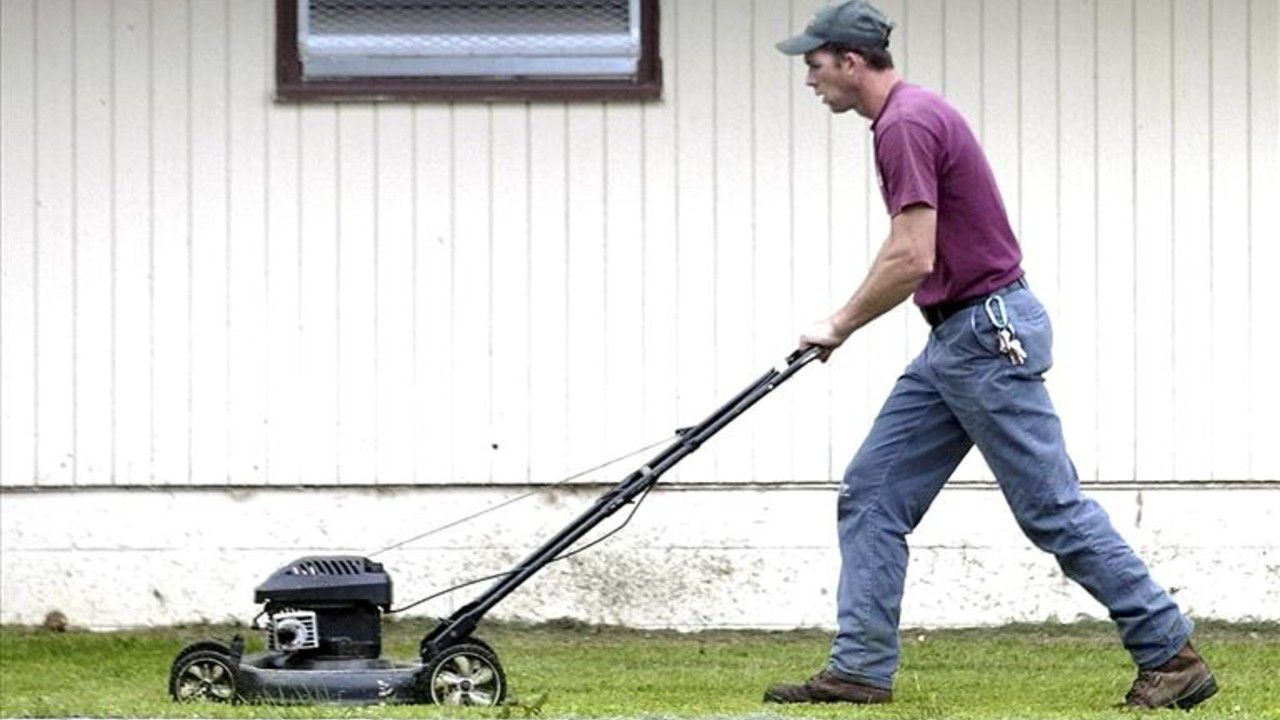State lawmakers are considering a bill to support lobstermen who test new types of fishing gear, a response to federal restrictions to protect endangered right whales.
Senate Majority Leader Eloise Vitelli (D-Arrowsic) is sponsoring LD 1552, which would set aside $1 million a year for the next two years to provide stipends to lobstermen to test new lobster gear.
The industry has faced intense pressure in recent years as federal officials have instituted restrictions to try to save the whales, which are believed to number fewer than 340.
Fishing is restricted in certain areas during specific periods in which the whales migrate to Canadian waters. Maine lobstermen have also switched to ropes that break more easily if a whale becomes entangled.
The industry argues that they are not to blame for the reduced whale population, saying that a whale death has never been linked to Maine gear and that the last entanglement in Maine was in 2004.
“What has frustrated many are the bureaucratic policies that do not adequately consider what is happening on the ground, or rather in the water,” Vitelli said to members of the Legislature’s Marine Resources Committee. “Over the past several years many fishermen have come to terms with the fact that some level of innovation will be needed to ensure the future of the fishery.”
A move by the state’s congressional delegation late last year delayed implementation of additional regulations for six years, buying the industry time to “develop new fishing gear technologies,” Patrice McCarron, policy director of the Maine Lobstermen’s Association, wrote to the committee.
Studies are looking at whether ropeless technology can be used, but McCarron doesn’t believe that’s the answer.
“This gear may work on a limited basis in small areas of high risk where whales are present, but it is not a solution that could be widely adopted in Maine,” she wrote.
That’s largely because the upgrades are expensive, making it “nearly impossible for Maine’s smaller boats with single operators to purchase and operate.”
The stipends are necessary to reimburse lobstermen for time they spend testing gear and is an effort to make sure they do not lose money while participating, said Maine Department of Marine Resources Commissioner Patrick Keliher.
He said the federal government has earmarked $18 million to pay for gear that will be tested, so state funds are necessary support fishermen who choose to test the gear.
Virginia Olsen, director of the Maine Lobstering Union, urged lawmakers to ensure that the funds — if approved by the full Legislature — go directly to lobstermen, not companies that rarely consult with those who work on the water.
“We are problem solvers by nature — working on highly corrosive salt water — if we had to go back to port each time something went wrong or broke, we would never get a chance to lobster!” she wrote. “We are all engineers out of necessity.”







